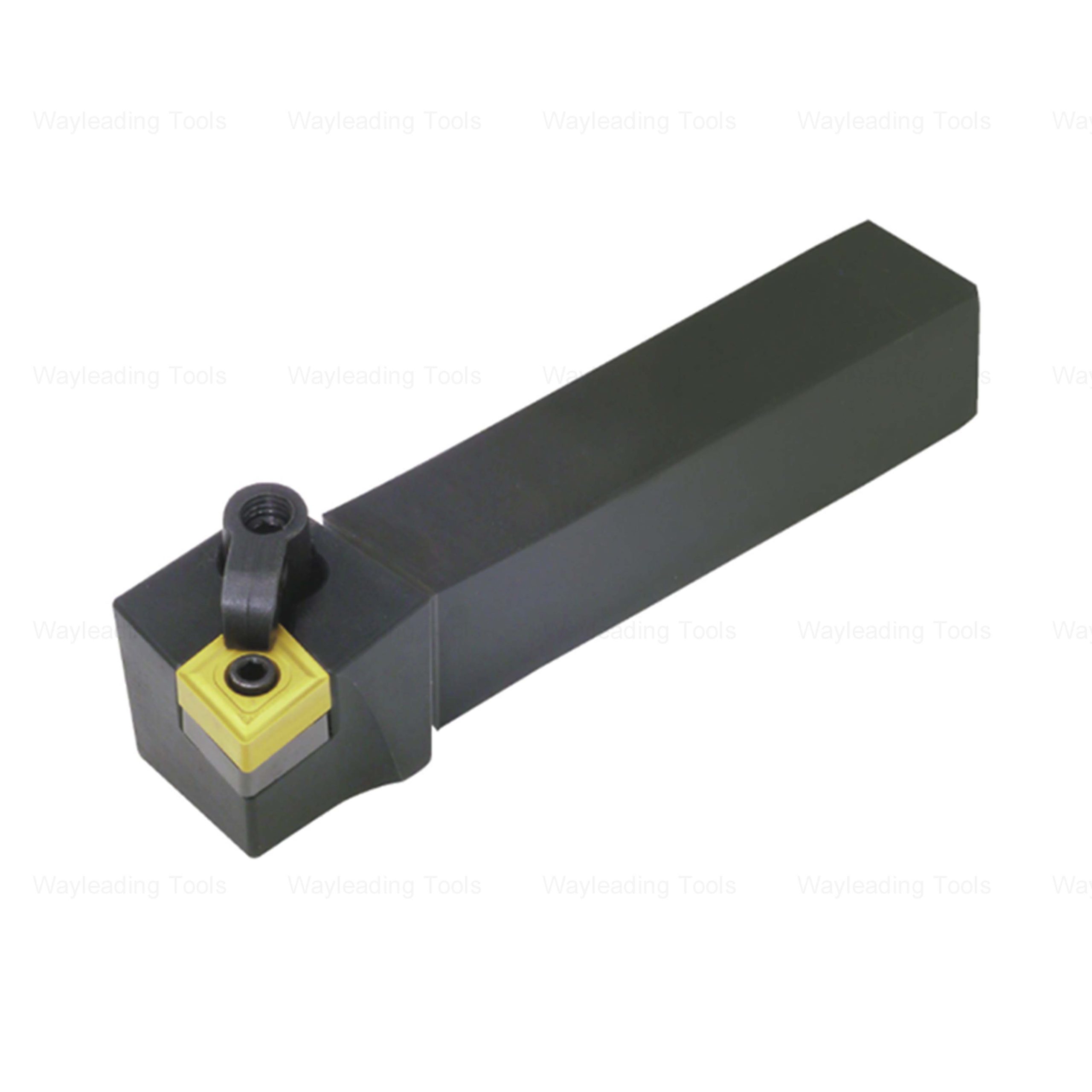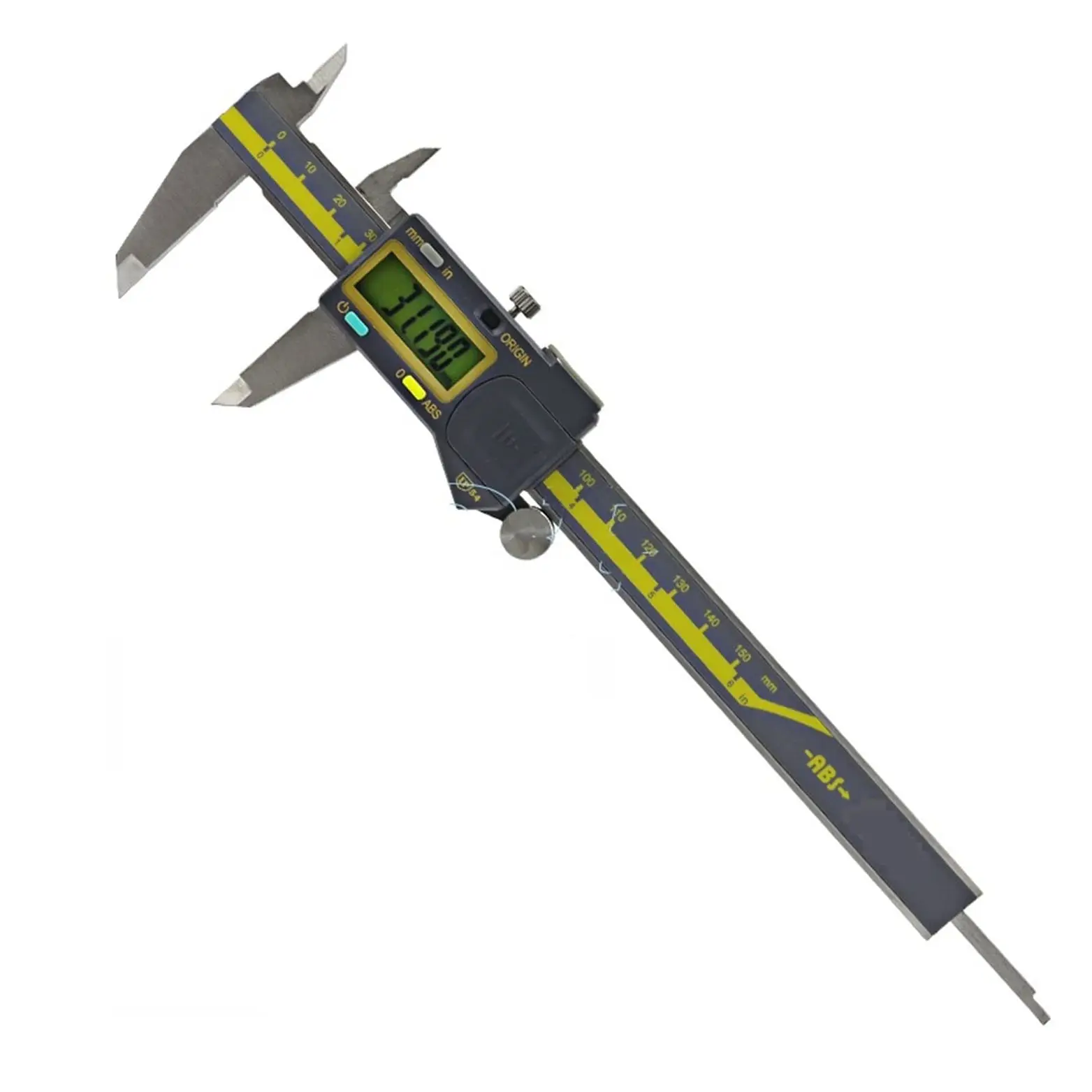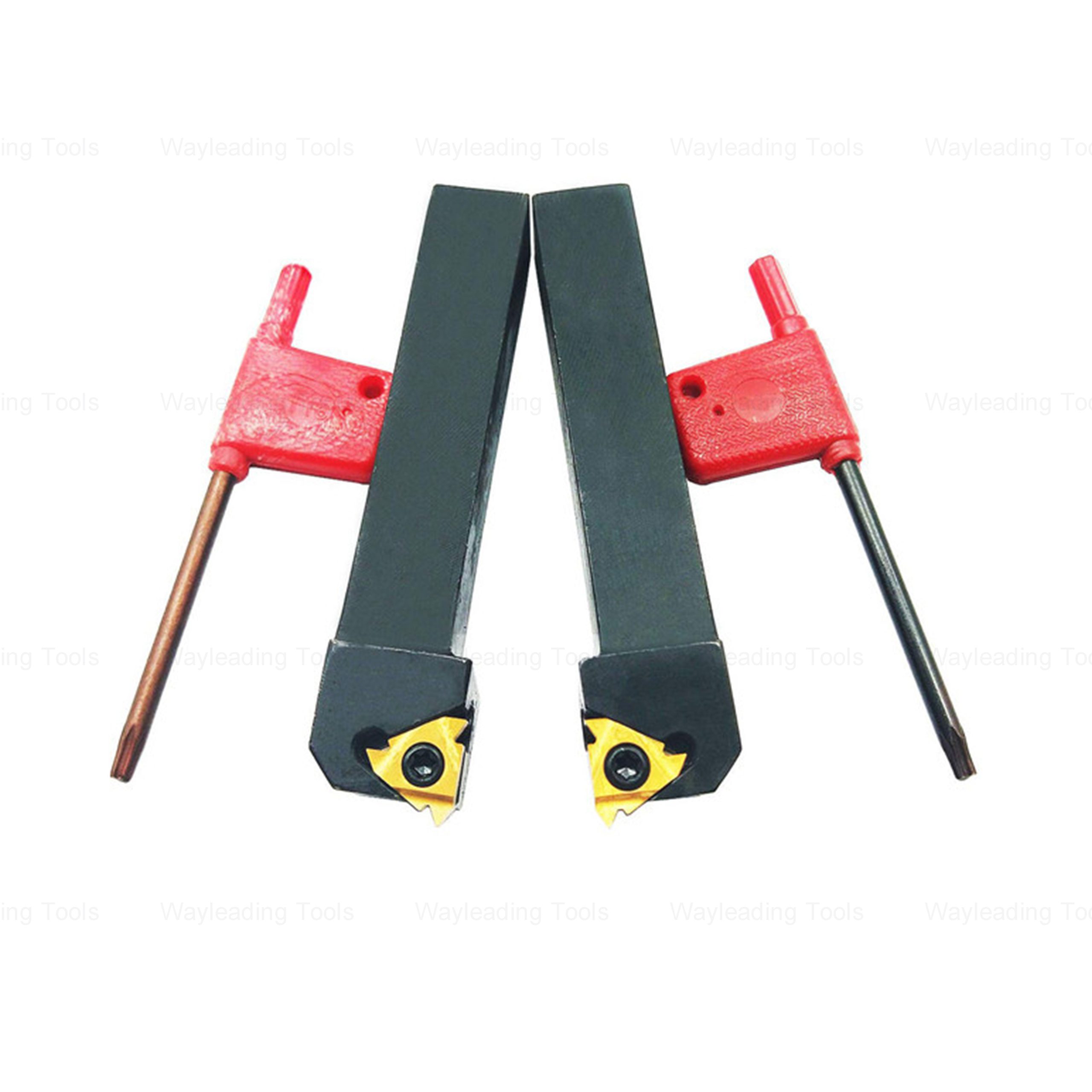morse taper drill chuck arbor Factory
A morse taper drill chuck arbor factory produces essential components for connecting drill chucks to machine tools. Understanding the different types, materials, and selection criteria for these arbors is crucial for optimizing drilling performance and ensuring accurate results. This guide provides a detailed overview of morse taper drill chuck arbors, covering everything from their basic function to advanced applications.
Understanding Morse Taper Drill Chuck Arbors
Morse taper drill chuck arbors are adapter shanks designed to securely connect a drill chuck to the spindle of a drilling machine, lathe, or milling machine. The Morse taper (MT) provides a self-holding, friction-based connection that allows for high torque transmission. This ensures the drill chuck remains firmly attached during operation, preventing slippage and maintaining drilling accuracy. Wayleading Tools specializes in manufacturing high-quality morse taper drill chuck arbors to meet the demanding needs of various industries.
The Function of a Drill Chuck Arbor
The primary function of a drill chuck arbor is to bridge the gap between the machine spindle and the drill chuck. The arbor's Morse taper shank fits snugly into the machine spindle, while the other end features a threaded or plain cylindrical section to which the drill chuck is attached. This arrangement enables the machine to drive the drill bit with precision and power.
Types of Morse Tapers
Morse tapers come in various sizes, designated MT0 through MT7. Each size has a different taper angle and overall dimensions. The selection of the appropriate Morse taper size depends on the machine spindle's internal taper and the desired torque transmission capacity. Smaller machines typically use MT1 or MT2, while larger machines may require MT4, MT5, or even larger. When sourcing from a morse taper drill chuck arbor factory, ensure they offer a range of sizes to match your specific needs. Wayleading Tools provides a comprehensive range of morse taper drill chuck arbors, including MT0, MT1, MT2, MT3, MT4, MT5, MT6, and MT7, catering to diverse machine tool requirements.
Materials Used in Morse Taper Drill Chuck Arbor Manufacturing
The material used to manufacture a morse taper drill chuck arbor significantly impacts its durability, performance, and lifespan. High-quality arbors are typically made from high-carbon steel or alloy steel that has been heat-treated for enhanced strength and wear resistance. Sourcing from a reputable morse taper drill chuck arbor factory ensures you receive arbors made from appropriate materials.
High-Carbon Steel
High-carbon steel provides good strength and hardness, making it a suitable material for general-purpose morse taper drill chuck arbors. These arbors are cost-effective and can withstand moderate drilling loads.
Alloy Steel
Alloy steel, such as chrome-vanadium steel, offers superior strength, toughness, and wear resistance compared to high-carbon steel. These arbors are ideal for heavy-duty drilling applications and high-speed machining. The added alloying elements enhance the steel's ability to withstand stress and heat.
Selecting the Right Morse Taper Drill Chuck Arbor
Choosing the correct morse taper drill chuck arbor is crucial for achieving optimal drilling performance and preventing equipment damage. Consider the following factors when making your selection:
Morse Taper Size
Ensure that the arbor's Morse taper size matches the internal taper of your machine spindle. Using an incorrect size can damage both the arbor and the spindle. Consult your machine's manual or a machinist's handbook to determine the correct Morse taper size.
Chuck Mounting Type
Drill chucks can be mounted to arbors using either a threaded connection or a plain cylindrical section with a keyway. Threaded connections are more common and provide a secure, reliable attachment. Plain cylindrical sections are typically used for larger, heavier drill chucks. The thread size should match the thread size of your drill chuck. Pay close attention to whether the thread is right-hand or left-hand. Wayleading Tools offers morse taper drill chuck arbors with various thread sizes and types to accommodate different drill chuck configurations.
Material and Hardness
Select an arbor made from a material that is appropriate for the intended drilling application. For general-purpose drilling, high-carbon steel is sufficient. For heavy-duty drilling or high-speed machining, opt for an alloy steel arbor with a hardness rating of HRC 50 or higher. This ensures that the arbor can withstand the demanding conditions of these applications.
Runout Accuracy
Runout refers to the amount of radial deviation between the arbor's axis of rotation and the drill chuck's axis of rotation. Excessive runout can cause inaccurate drilling, premature tool wear, and vibration. Look for arbors with a runout of 0.0005' or less. High-precision arbors are often ground to tighter tolerances to minimize runout. Wayleading Tools emphasizes precision in manufacturing its morse taper drill chuck arbors, ensuring minimal runout for accurate drilling.
Advantages of Using a High-Quality Morse Taper Drill Chuck Arbor
Investing in a high-quality morse taper drill chuck arbor from a reputable morse taper drill chuck arbor factory offers several benefits:
Improved Drilling Accuracy
A precise arbor minimizes runout and ensures that the drill bit rotates true to the machine spindle's axis. This results in more accurate hole placement and improved hole quality.
Increased Tool Life
Reduced runout and vibration minimize stress on the drill bit, extending its lifespan and reducing the need for frequent replacements. A well-made arbor also ensures proper heat dissipation, preventing the drill bit from overheating and dulling prematurely.
Enhanced Safety
A secure and reliable connection between the drill chuck and the machine spindle prevents slippage and reduces the risk of accidents. A high-quality arbor is less likely to break or deform under heavy loads, ensuring a safer working environment. Wayleading Tools prioritizes safety in the design and manufacture of its morse taper drill chuck arbors.
Greater Efficiency
A high-quality arbor allows for faster drilling speeds and higher feed rates without sacrificing accuracy or tool life. This translates to increased productivity and reduced machining time. Sourcing from a trusted morse taper drill chuck arbor factory ensures you receive arbors optimized for efficiency.
Maintenance Tips for Morse Taper Drill Chuck Arbors
Proper maintenance is essential for prolonging the life of your morse taper drill chuck arbors. Follow these tips to keep your arbors in good condition:
Cleanliness
Keep the Morse taper shank and the drill chuck mounting surfaces clean and free of debris. Use a clean cloth or brush to remove any dirt, chips, or oil. Contaminants can interfere with the friction-based connection and reduce the arbor's holding power.
Lubrication
Apply a thin coat of anti-seize compound or light oil to the Morse taper shank before inserting it into the machine spindle. This helps to prevent galling and makes it easier to remove the arbor later. Be careful not to over-lubricate, as excessive lubricant can reduce the friction and cause slippage.
Inspection
Regularly inspect your morse taper drill chuck arbors for signs of wear, damage, or corrosion. Look for cracks, dents, or deformation of the Morse taper shank. Replace any arbors that are damaged or worn beyond acceptable limits. Pay special attention to the threaded or cylindrical section where the drill chuck is mounted, as this area is subject to high stress.
Where to Find a Reliable Morse Taper Drill Chuck Arbor Factory
When sourcing morse taper drill chuck arbors, it is crucial to partner with a reputable and reliable morse taper drill chuck arbor factory. Look for a factory with a proven track record of producing high-quality arbors that meet industry standards. Consider the following factors when choosing a supplier:
Quality Control
Ensure that the factory has a robust quality control system in place to monitor every stage of the manufacturing process, from raw material selection to final inspection. Look for certifications such as ISO 9001, which demonstrate a commitment to quality management. Wayleading Tools adheres to strict quality control standards in its morse taper drill chuck arbor production.
Material Certification
Verify that the factory can provide material certifications for the steel used in its arbors. This ensures that the material meets the specified requirements for strength, hardness, and chemical composition. Material certifications provide traceability and guarantee the quality of the raw materials.
Manufacturing Capabilities
Assess the factory's manufacturing capabilities and equipment. A modern and well-equipped factory is more likely to produce accurate and consistent arbors. Look for factories that use CNC machining and precision grinding equipment.
Customer Support
Choose a factory that offers excellent customer support and technical assistance. A reliable supplier should be able to answer your questions, provide technical data, and assist with product selection. Wayleading Tools prides itself on its responsive customer support and technical expertise.
Wayleading Tools: Your Trusted Partner for Morse Taper Drill Chuck Arbors
Wayleading Tools is a leading manufacturer of high-quality morse taper drill chuck arbors. With years of experience in the industry, Wayleading Tools has earned a reputation for producing reliable, accurate, and durable arbors that meet the demanding needs of professionals. Our state-of-the-art manufacturing facility, rigorous quality control standards, and dedicated customer support team ensure that you receive the best possible products and service. Contact us today to learn more about our morse taper drill chuck arbor offerings.
Quick Reference Table: Morse Taper Sizes (Nominal)
| Morse Taper Size | Large End Diameter (in) | Small End Diameter (in) | Taper per Foot (in/ft) |
|---|---|---|---|
| MT0 | 0.356 | 0.252 | 0.624 |
| MT1 | 0.475 | 0.369 | 0.600 |
| MT2 | 0.700 | 0.562 | 0.602 |
| MT3 | 0.938 | 0.778 | 0.602 |
| MT4 | 1.231 | 1.020 | 0.623 |
| MT5 | 1.748 | 1.475 | 0.630 |
| MT6 | 2.494 | 2.116 | 0.626 |
| MT7 | 3.270 | 2.890 | 0.625 |
Source: Machinery's Handbook, 31st Edition
Related products
Related products
Best selling products
Best selling products-
 Precision V Block Set With High Quality Type
Precision V Block Set With High Quality Type -
 Digital Depth Gauge With Stainless Steel For Industrial Type
Digital Depth Gauge With Stainless Steel For Industrial Type -
 MCLN Indexable Turning Tool Holder
MCLN Indexable Turning Tool Holder -
 Electronic Digital Height Gauge From 300 to 2000mm
Electronic Digital Height Gauge From 300 to 2000mm -
 Metric HSS Step Drills With Straight Flute
Metric HSS Step Drills With Straight Flute -
 Indexable Square Shoulder End Mill For Industrial
Indexable Square Shoulder End Mill For Industrial -
 Precision IP54 Digital Caliper With Data Output For Industrial
Precision IP54 Digital Caliper With Data Output For Industrial -
 HSS Metric Taper Shank Twist Drills for High-Precision Metal Cutting
HSS Metric Taper Shank Twist Drills for High-Precision Metal Cutting -
 High Precision BT-ER Collet Chuck – CNC Tool Holder, Spring Type, ER16–ER40
High Precision BT-ER Collet Chuck – CNC Tool Holder, Spring Type, ER16–ER40 -
 Metric HSS Annular Cutters With Weldon Shank For Metal Cutting
Metric HSS Annular Cutters With Weldon Shank For Metal Cutting -
 Inch HSS Step Drills with Straight Flute
Inch HSS Step Drills with Straight Flute -
 Type G Arc Pointed Tree Tungsten Carbide Rotary Burr
Type G Arc Pointed Tree Tungsten Carbide Rotary Burr











